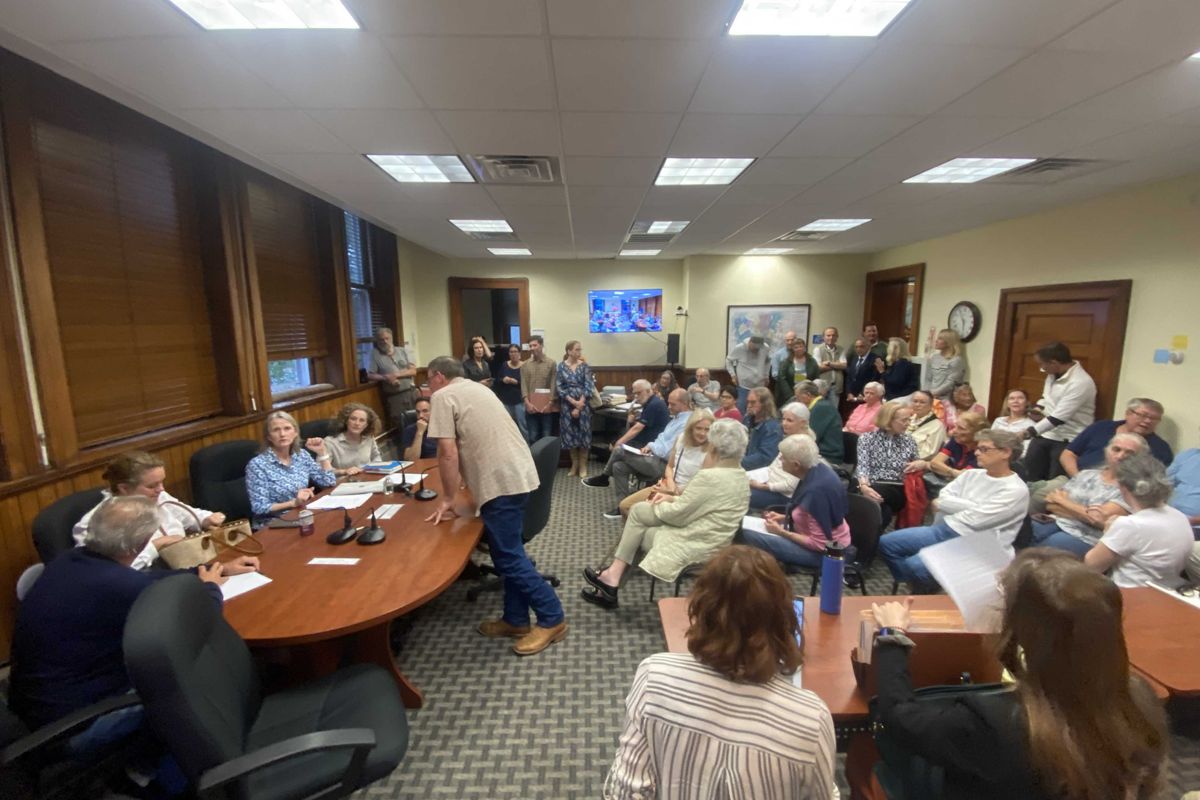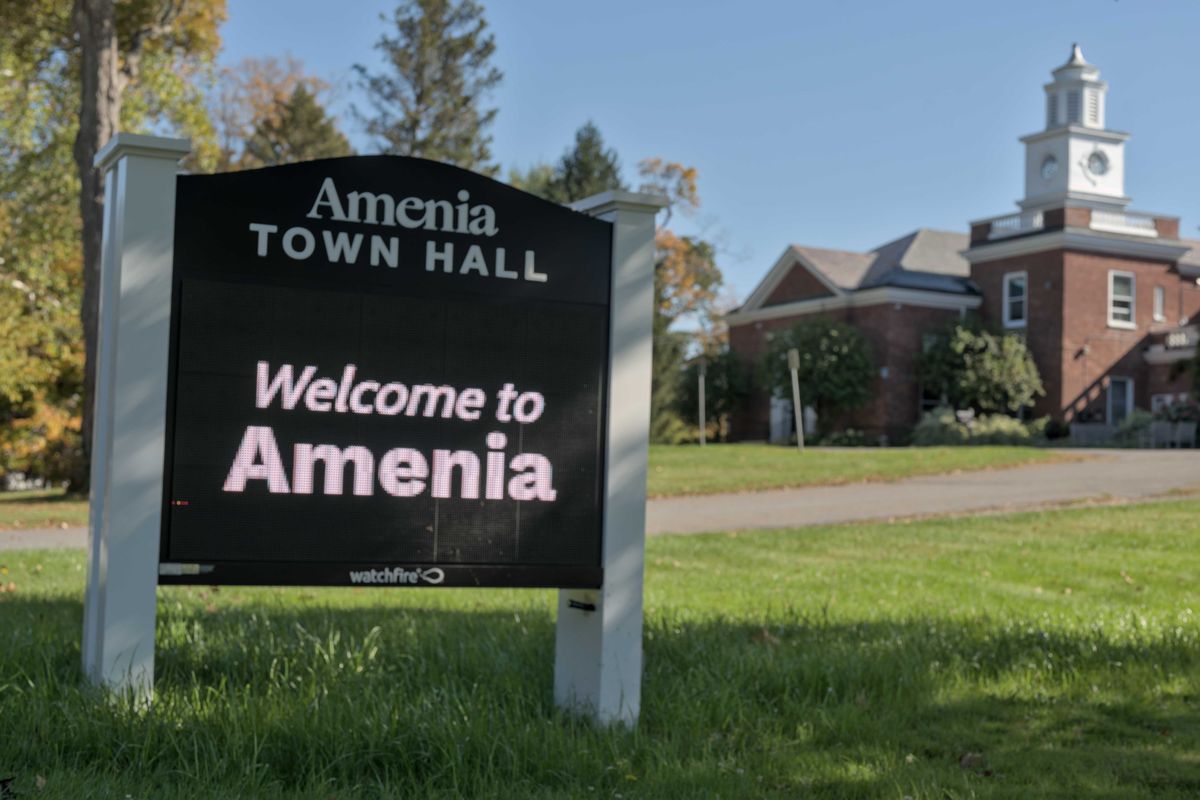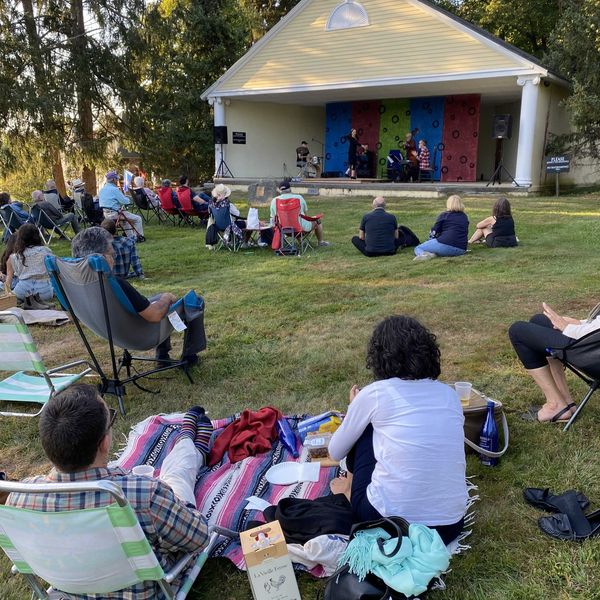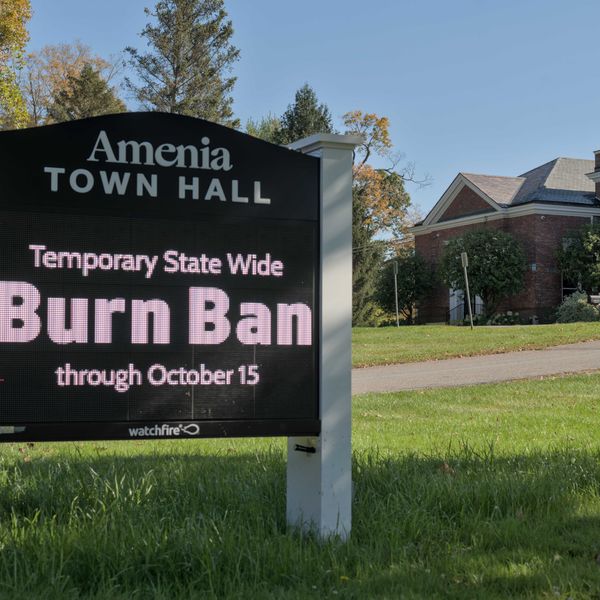Latest News
Built in 1820, 1168 Bangall Amenia Road sold for $875,000 on July 31 with the transfer recorded in August. It has a Millbrook post office and is located in the Webutuck school district.
Christine Bates
STANFORD — The Town of Stanford with nine transfers in two months reached a median price in August of $573,000 for single family homes, still below Stanford’s all-time median high in August 2024 of $640,000.
At the beginning of October there is a large inventory of single-family homes listed for sale with only six of the 18 homes listed for below the median price of $573,000 and seven above $1 million.
July transfers
79 Ernest Road — 4 bedroom/2.5 bath home on 6.87 acres in 2 parcels sold to Matthew C. Marinetti for $1,225,000.
29 Drake Road — 3 bedroom/3.5 bath home on 2 acres sold to Harper Montgomery for $850,000.
6042 Route 82 — 4 bedroom/2 bath home on 1.09 acres sold to Spencer Thompson for $795,000.
125 Tick Tock Way — 3 bedroom/2.5 bath ranch on 1.9 acres sold to Fleur Touchard for $475,000.
August transfers
102 Prospect Hill Road — 3 bedroom/2 bath home on 6.35 acres sold to Karl Creighton Pfister for $565,000.
252 Ernest Road — 2 bedroom/1 bath cottage on .85 acres sold to Meg Bumie for $465,000.
1196 Bangall Amenia Road — 4 bedroom/2.5 bath home on 2.16 acres sold to Roderick Alleyne for $875,000.
Hunns Lake Road (#759929) — 59.1 acres of residential land sold to Argos Farm LLC for $3,325,000.
* Town of Stanford recorded real estate transfers from July 1 to August 31 provided by Dutchess County Real Property Office monthly transfer reports. Details on each property from Dutchess Parcel Access - properties with an # indicate location on Dutchess Parcel Access. Market data from One Key MLS and Infosparks .Compiled by Christine Bates, Real Estate Advisor with William Pitt Sotheby’s International Realty, Licensed in Connecticut and New York.
Keep ReadingShow less
Out on the trail
Oct 08, 2025
Nathan Miller
Hunt club members and friends gathered near Pugsley Hill at the historic Wethersfield Estate and Gardens in Amenia for the opening meet of the 2025-2026 Millbrook Hunt Club season on Saturday, Oct. 4. Foxhunters took off from Wethersfield’s hilltop gardens just after 8 a.m. for a hunting jaunt around Amenia’s countryside.
Joining in the fun at the dedication of the new pollinator pathway garden at The Millbrook Library on Saturday, Oct. 4, local expert gardener Maryanne Snow Pitts provides information about a planting to Lorraine Mirabella of Poughkeepsie.
Leila Hawken
MILLBROOK — Participating in a patchwork of libraries that have planted pollinator pathway gardens to attract insects and birds to their native plantings was one of the accomplishments being celebrated at the dedication of a new pollinator garden at the Millbrook Library on Saturday, Oct. 4.
“A lot of work went into it,” said Emma Sweeney, past President of the Millbrook Garden Club, who started the local library’s initiative two years ago.
The Pollinator Pathway program is a national effort to plant native plants that native insects depend upon for sustenance and preferred plants for their own seasonal reproduction.
Jana Hogan of Ridgefield, Connecticut, Executive Director of the Pollinator Pathway program, was on hand to present a plaque to the library for its successful participation.
“A garden is not just a garden,” said garden designer Andy Durbridge of Wassaic, designer of the library’s garden. “It may serve as a model for other gardens along the line.”
Speaking to the 50 visitors at the dedication, Durbridge said that the library’s garden has a mission, that it is a working garden, planned to serve insects and birds over their seasons. The earliest plants support pollinators, while the full range of plants continues to serve the needs of those they attract, offering habitat, shelter and food.
A pollinator garden is akin to a prairie, rather than a formalized European garden, Durbridge noted.
The garden project was supported by the library’s Friends group using funds raised during the Holiday Silent Auction and ongoing book sale. A grant from the Millbrook Garden Club also provided support.
Keep ReadingShow less
Amenia Town Hall on Route 22.
Nathan Miller
AMENIA — After gathering comments from the Planning Board and the Zoning Board of Appeals, as it considers adding alternate members to those boards, the Town Board discussed possible changes to local laws governing those boards at its meeting on Friday, Oct. 3. The meeting date, usually on a Thursday, had been changed to accommodate a holiday.
In recent weeks Town Board attorney Ian Lindars has been compiling comments from the affected boards along with comments from the Town Board. The new laws may bring the appointment of two alternate members to each board. Alternate members are likely to be required to attend all meetings and be prepared to be seated if needed and be familiar with the applications being discussed. They would also need to take training required of all board members.
Lindars will prepare a draft of the new local laws to be reviewed by the Town Board and the affected boards.
As the Town Board begins work on the town’s annual budget negotiation process and anticipating an increase in some budget lines to accommodate major projects, the board unanimously approved three resolutions. The first will override the tax levy limit imposed on municipalities by the state of New York, a limit generally tied to the rate of inflation.
A public hearing on the proposal to override the levy limit was set for Thursday, November 6, beginning at 7 p.m. at the Town Hall.
Keep ReadingShow less
loading














